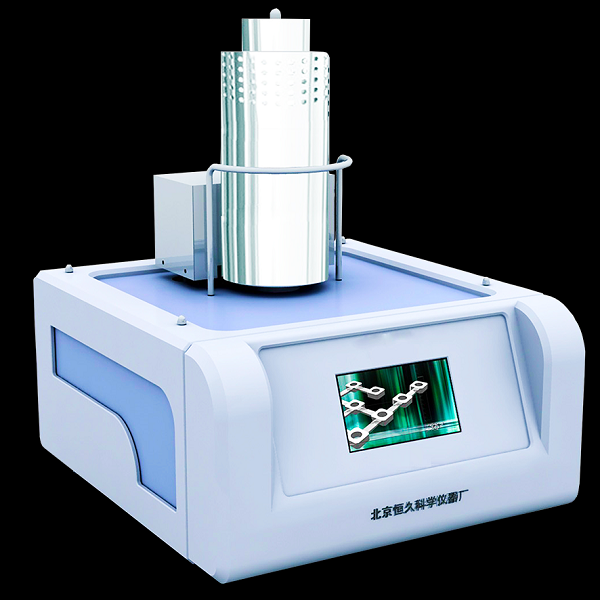Domestic thermal analysis instrument professional manufacturer
Dedicated to thermal analysis instrument for more than 20 years
Application analysis of differential scanning calorimeter (DSC) and comprehensive thermal analyzer in lithium industry
Lithium-ion battery is a rechargeable and dischargeable secondary battery that mainly relies on the movement of lithium ions between the positive and negative electrodes.
Cathode material has always been the core key material of lithium-ion battery, its choice directly determines the level of battery performance, at present, lithium cobalt, lithium manganese, lithium iron phosphate, nickel cobalt manganese/aluminum ternary materials such as lithium compounds are common cathode materials. The negative electrode material is mainly used for the storage and release of battery energy and is also an important part of the battery.

目前,负极材料主要分为商业化应用的碳材料和正处于研发状态的硅基材料、合金材料、锡金材料等非碳负极材料。锂电池正负极材料之间相互协同,共同影响着锂离子电池的性能,并ZUI终应用于新能源汽车、储能装置、电子产品等领域。
在反复的充放电过程中,锂电池正负极材料的结构与热稳定性都在发生变化,热稳定性直接决定着锂电池的安全使用温度和寿命,因此,对锂电池的热稳定研究就显得尤为重要。热分析技术(DSC、TGA/DSC等)可提供锂电池正负极材料的热分解温度、组分分析、放热焓值等信息,为锂电材料的研发和测试提供指导性建议。



